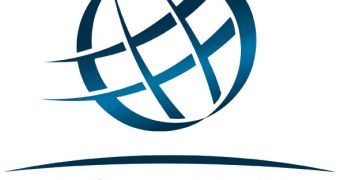All the leading internet governing boards, ICANN, W3C and several others, unanimously announced that the internet can no longer be in the hands of just one country and that, in the light of all the recent revelations about "pervasive monitoring and surveillance," a global internet leadership is needed.
That would be a great thing, if it weren't for one little detail, the ongoing attempts of Russia, China and the likes to take over control of the internet and impose more local regulations.
ICANN, the Internet Engineering Task Force, the Internet Architecture Board, the W3C, the Internet Society as well as the five continental registrars gathered in Montevideo, Uruguay to discuss the move and agreed that something needs to be done.
Milton Mueller, a Syracuse University professor writing for the Internet Governance Project, has more details on the move. After the Montevideo gathering and the subsequent statement, apparently, Fadi Chehad, the President and CEO of ICANN, met with Brazil's president Dilma Rousseff.
Rousseff has been a strong critic of the US and the NSA surveillance practices in particular. Yet, Chehad, who became ICANN's leader backed by the US government, is now talking one of the US government's biggest critics. This is how Brazil came to host a summit discussing the internet's future next year.
The fact that Chehad is now talking to Rousseff and, in fact, expressing admiration about how Brazil handled internet surveillance issues, should be a very strong sign of just how much the US has lost and how much it's going to continue to lose because of its massive surveillance program.
There has been a call for more global involvement in the stewardship of the internet for years. If the US had been more flexible, it could have guaranteed that a move towards more involvement from other governments would have happened on its own terms. Now, all the major internet governing bodies are making plans specifically without US involvement. Granted, any major change is going to take years, considering the pace at which ICANN the W3C and the likes move.

 14 DAY TRIAL //
14 DAY TRIAL //